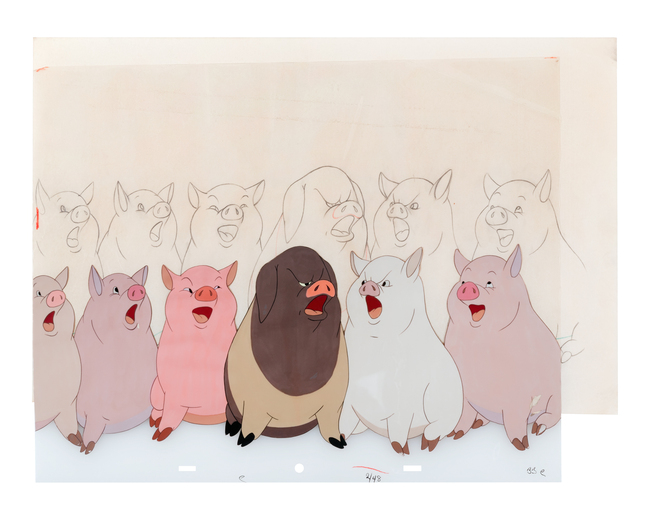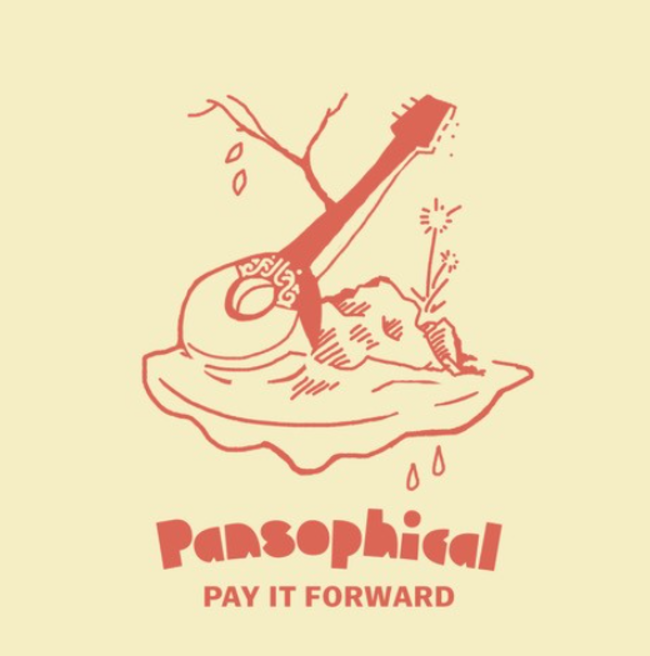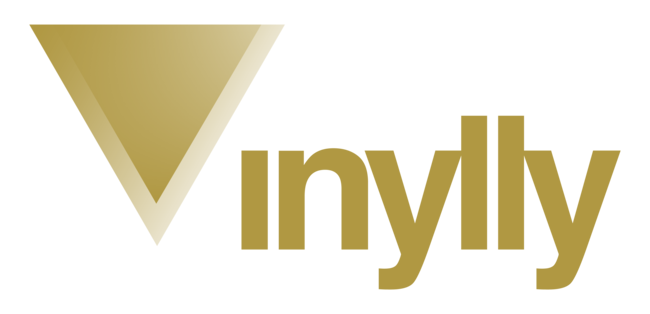Marking the 70th anniversary of the CIA-endorsed film, SPYSCAPE is unveiling the first-ever American exhibition showcasing artworks from Animal Farm. Scheduled from 15 Dec 2023 to 31 March 2024, it’s complimentary with entry to SPY HQ or SPYGAMES.
In the 1950s, the US intelligence community clandestinely funded the renowned animated movie Animal Farm (1954), a pivotal part of a covert Cold War tactic to combat communism through cultural means.
Interestingly, the phrase ‘Cold War’ was first used by George Orwell, the writer of Animal Farm, in a visionary 1945 essay about superpower conflicts.
The CIA dictated the movie’s finale, depicting an uprising against corrupt rulers, to illustrate that rebellion against authoritarian regimes is both legitimate and defensible.
“There were at least nine versions of the script and heated discussions about the end,” remarked Vivien Halas, daughter of British co-directors Joy Batchelor and John Halas. Unbeknownst to the directors, contesting with producer Louis de Rochemont (and his hidden CIA superiors) was a lost cause. The intense disputes postponed the film’s debut by a year.
E. Howard Hunt, a CIA expert in covert operations and later a figure in the Watergate scandal, orchestrated the background manoeuvres. Hunt’s team acquired the movie rights from Orwell’s widow, Sonia, offering her money and an introduction to cinema icon Clark Gable. Ironically, Animal Farm, a satirical parable warning against power consolidation, fell into the hands of the CIA’s Psychological Warfare Workshop, epitomising an Orwellian dystopia vividly rendered in pastels.
The film was merely a fragment of the broader schemes to utilise Orwell’s work:
- Ingeniously, the CIA dispatched copies of the Animal Farm book into Poland, Czechoslovakia, and Hungary from 1952 to 1957 via hot air balloons from West Germany. This subverted Soviet censorship and used literature as a clandestine tool to provoke discussions about communism.
- British intelligence, having missed out on the film rights for Animal Farm, obtained the rights for a comic strip version. In the early 1950s, the British Foreign Office’s Information Research Department sponsored a newspaper comic strip that appeared in countries including Brazil, Burma, Eritrea, India, Mexico, Thailand, and Venezuela.
- After fully exploiting Animal Farm, the propaganda experts shifted focus to Orwell’s other seminal work, 1984, celebrating its 75th anniversary. Now, CIA psychological operations specialists oversaw Orwell’s universe of thoughtcrime, ‘doublethink’, and pervasive surveillance, where culture was manipulated to prevent independent thought.
Orwell enthusiasts visiting the SPYSCAPE Squealers & Spies exhibition have the unique opportunity to purchase original artwork from the film. Authentic animation cels and sketches from Animal Farm, obtained straight from the filmmakers, are available through the SPYSCAPE website.







